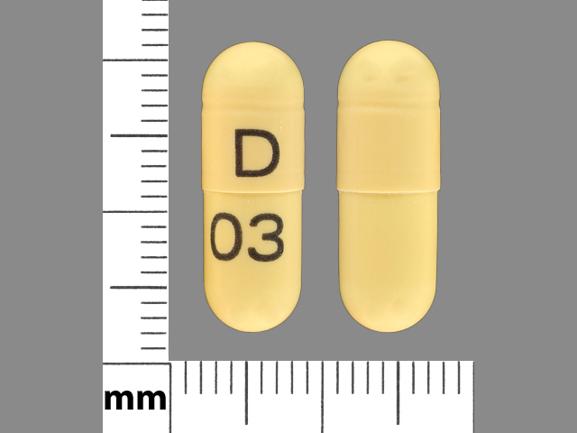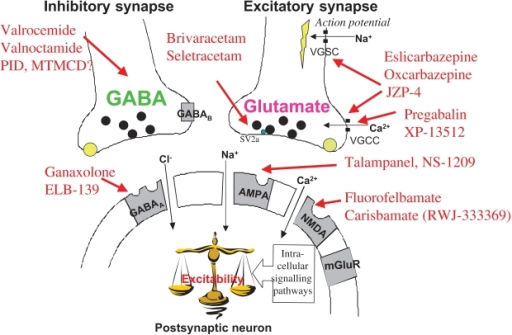What is the Risk of Taking Gabapentin ?
Gabapentin is generally well-tolerated and is prescribed for conditions like nerve pain, seizures, and sometimes anxiety. However, like any medication, it carries potential risks and side effects. Understanding these risks can help in using gabapentin safely. All medicines have side effects even when used correctly as prescribed, but in general the benefits of taking a … Read more








